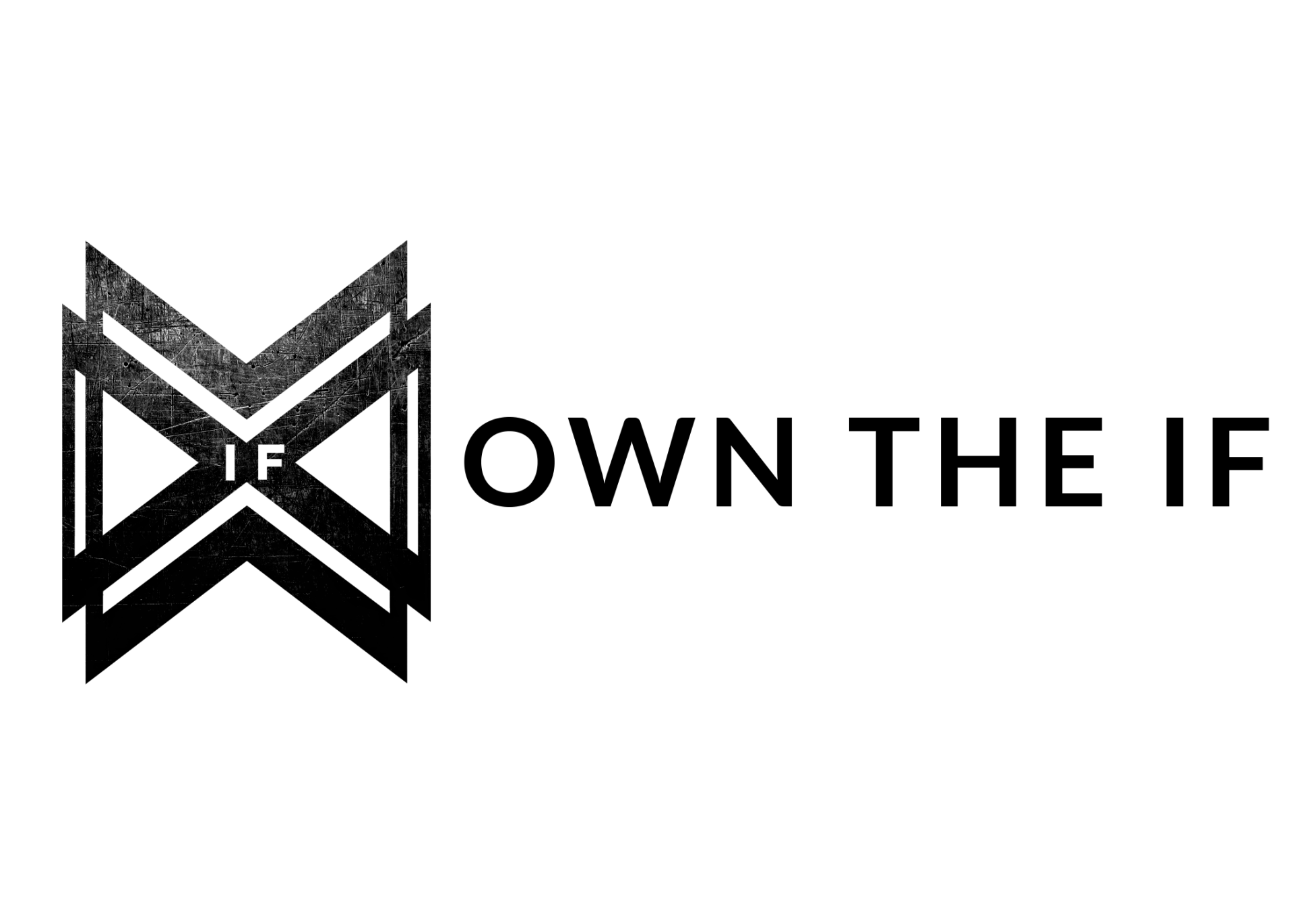Recently, I had an awesome conversation with an individual I hold in high regard. Our discussion revolved around daily accomplishments and gauging the attainment of success. Eventually, we delved into the methods of measuring personal accomplishments and determining the triumph of daily endeavors. Their yardstick for evaluation rested upon a personal creed they had formulated, gauging the alignment of their daily actions with its principles. The daily outcomes of a win or loss are directly judged against adherence to this creed.
This exchange triggered a cascade of thoughts about personal creeds. While we all possess internal values that steer our conduct and decisions, the notion of judging our days against these principles appeared to hold considerable merit. How frequently do we encounter days that initially appear satisfactory, only to have our contentment eroded upon stumbling across social media, subsequently subjecting ourselves to detrimental self-comparisons? Likewise, how often have we believed we navigated a work-related situation to the best of our abilities, only to have a colleague deconstruct our approach?
Regrettably, external influences often wield disproportionate power in shaping our perception of personal achievement. The pervasive impact of society, media, institutions, family, partners, colleagues, and friends, among others, can skew our self-assessment. However, the establishment of personalized guidelines can serve as an anchor, enabling us to uphold our intrinsic mission and act as the ultimate authority when external perspectives blur our vision.
This is where creating your personal creed comes to the rescue.
A personal creed serves as a compass, guiding your actions, decisions, and growth. It aligns you with your core values and provides a framework for living purposefully. Notable individuals and fictional characters throughout history have embraced creeds to shape their lives:
- Gandhi’s Principles: Mahatma Gandhi’s creed emphasized nonviolence, truth, and self-discipline.
- Nelson Mandela’s Vision: Mandela’s creed was rooted in equality, freedom, and resilience during adversity.
- Jedi Code from Star Wars: The Jedi’s creed centers on self-control, compassion, and justice.
- Atticus Finch in To Kill a Mocking Bird: Finch was known for his unwavering commitment to justice, equality, and empathy.
Here’s how it works:
Creating a personal creed involves reflecting on your values, beliefs, and principles to craft a set of guiding statements that align with your aspirations and help shape your behavior and decisions. Here’s a step-by-step guide to help you create your own personal creed:
- Reflect on Values: Contemplate your values, strengths, and aspirations. Ask: What principles truly matter to me?
- Define Core Values: Identify your core values, like integrity, kindness, faith, growth, or authenticity. The sky’s the limit.
- Draft Statements: Write concise statements reflecting your values. For example: “I seek and embrace challenges to grow stronger mentally and physically." “I will show kindness and empathy to others, regardless of their circumstances.”
- Positivity and Aspiration: Frame your creed positively, focusing on who you aim to become.
- Organize and Prioritize: Arrange statements logically to form a coherent structure.
- Refine Your Creed: Review and simplify your statements for clarity and precision.
- Personalize Your Creed: Ensure it resonates with your unique identity and aspirations.
- Internalize Through Memorization: Commit your creed to memory to infuse it into your daily thinking.
Once you have created your personal creed you can employ it to evaluate daily success:
- Start with Intentions: Each day, remind yourself of your creed to set your intentions.
- Decision Filter: Refer to your creed when making choices to ensure alignment.
- Reflect in the Evening: Evaluate your actions against your creed each evening.
- Celebrate Alignment: Acknowledge moments when you successfully embodied your creed.
- Learn from Discrepancies: If actions misalign, learn from them for growth.
- Weekly Review: Reflect weekly on your adherence to your creed for self-improvement.
- Adapt and Evolve: Update your creed to match evolving values over time.
Bringing it home:
Remember that creating a personal creed is a deeply individual process. It’s not something you need to rush; take the time you need to craft a creed that truly reflects who you are and who you want to be. Your personal creed empowers you to navigate life’s complexities with intention. It cultivates authenticity, strengthens resilience, directs decisions, and fuels growth.
Embrace your creed to forge a purpose-driven journey free from outside influences. It is invaluable for various reasons, offering an internal guiding structure for your thoughts, actions, and choices in life. The authority begins and ends with you alone.
Do this and you will become unstoppable.


